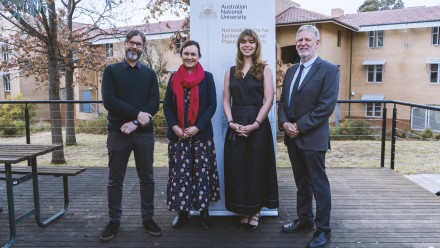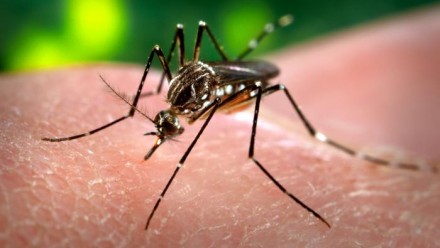Climate and dengue in Bangladesh
Share
Tehzeeb Zulfiqar is a PhD candidate at the National Centre for Epidemiology and Population Health, Research School of Population Health, the Australian National University. Sifat has graduated in Applied Statistics from the University of Dhaka, Bangladesh in 2010. Before starting her PhD, she worked at the International Centre for Diarrhoeal Disease Research, Bangladesh (icddr,b) as a Statistical Trainee. Her research interests include biostatistics, infectious disease modelling, and environmental determinants of health.
Abstract
Dengue, a mosquito-borne viral infection, which is potentially fatal in severe forms, occurs in more than 100 countries. Over half of the global population at risk of dengue infection live in the South-East Asia Region. Local weather and large scale climatic events strongly influence the epidemiology of dengue.
Previously thought free from dengue, Bangladesh experienced an epidemic in 2000. Since 2000 cases have been reported every year. However, after 2002 when the largest epidemic took place, reported outbreaks have generally declined despite the lack of an effective control program.
In my PhD thesis, I trace dengue from the time it was first identified in Bangladesh and identify both local and global climatic factors favourable to sustained dengue transmission in Bangladesh. Non-linear effects of climatic variables on dengue incidence are also investigated. I estimate the degree of potential under-reporting in national hospital-based passive dengue surveillance system using minimal information and advanced statistical methods. I also analyse the seasonal spread of dengue across the country in relation to climatic and demographic variables using a geostatistical modelling approach. These studies offer a better understanding of the climate-dengue relationships that will contribute to more accurate predictions about the likely impacts of changing climate on dengue risk. In this seminar the key findings of these studies (reported in 4 papers, 3 published and 1 at draft stage) will be presented.








